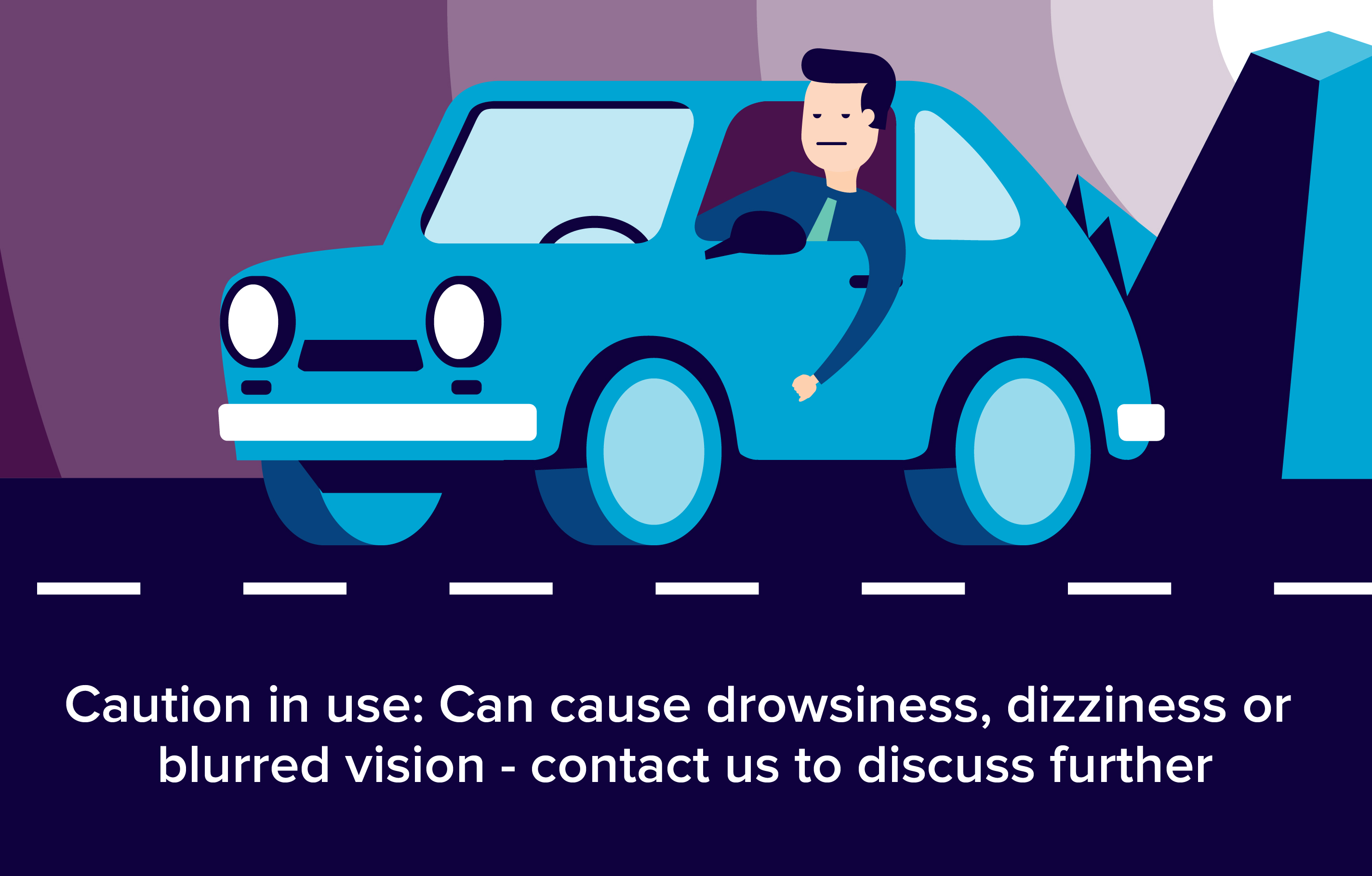Diovan (Valsartan) 40 mg, 80mg and 160mg film-coated tablets can be used:
• to treat people after a recent heart attack (myocardial infarction). “Recent” here means between 12 hours and 10 days.
• to treat symptomatic heart failure.

Why have I been prescribed Diovan?
Diovan (Valsartan) 40 mg, 80mg and 160mg fi lm-coated tablets can be used:
- to treat people after a recent heart attack (myocardial infarction). “Recent” here means between 12 hours and 10 days.
- to treat symptomatic heart failure.
Diovan is used when a group of medicines called Angiotensin Converting Enzyme (ACE) inhibitors (a medication to treat heart failure) cannot be used or it may be used in addition to ACE inhibitors when beta blockers (another medication to treat heart failure) cannot be used. Heart failure symptoms include shortness of breath, and swelling of the feet and legs due to fluid build-up. It is caused when the heart muscle cannot pump blood strongly enough to supply all the blood needed throughout the body.
Diovan 80mg and 160mg film-coated tablets can also be used:
- to treat high blood pressure.
How does it work?
Diovan belongs to a class of medicines known as angiotensin II receptor antagonists. Angiotensin II is a substance produced in your body which causes your blood vessels to narrow, thus increasing your blood pressure. Diovan blocks the effect of angiotensin II so that the blood vessels relax, and your blood pressure is lowered.
When and how do I take it?
Diovan can be taken with or without food. Swallow the tablets with a little water. If possible, take your daily dose at the same time each day, for example at breakfast time.
What’s the dose?
High blood pressure: The usual dose is 80 mg daily. In some cases your doctor may prescribe higher doses (e.g. 160 mg or 320 mg). He may also combine Diovan with an additional medicine (e.g. a diuretic).
After a recent heart attack: After a heart attack the treatment is generally started as early as after 12 hours, usually at a low dose of 20 mg twice daily. You obtain the 20 mg dose by dividing the 40 mg tablet. Your doctor will increase this dose gradually over several weeks to a maximum of 160 mg twice daily.
Heart failure: Treatment starts generally with 40 mg twice daily. Your doctor will increase the dose gradually over several weeks to a maximum of 160 mg twice daily.
Could it interact with other tablets?
Please tell your doctor or pharmacist if you are taking or have recently taken any other medicines, including medicines obtained without a prescription. The effect of the treatment can be influenced if Diovan is taken together with certain other medicines. It may be necessary to change the dose, to take other precautions, or in some cases to stop taking one of the medicines. This applies to both prescription and non-prescription medicines, especially:
- other medicines that lower blood pressure, especially water pills (diuretics).
- medicines that increase the amount of potassium in your blood. These include potassium supplements or salt substitutes containing potassium, potassium sparing medicines and heparin.
- certain type of pain killers called non-steroidal anti-inflammatory medicines (NSAIDs).
- lithium, a medicine used to treat some types of psychiatric illness.
In addition:
- if you are being treated after a heart attack, a combination with ACE inhibitors (a medication to treat heart attack) is not recommended.
- if you are being treated for heart failure, a triple combination with ACE inhibitors and beta blockers (medications to treat heart failure) is not recommended.
What are the possible risks or side-effects?
Like all medicines, Diovan can cause side effects, although not everybody gets them. Some symptoms need immediate medical attention.
You may experience symptoms of angioedema, such as:
- swollen face, tongue or throat
- difficulty in swallowing
- hives and difficulties in breathing
If you get any of these, see a doctor immediately.
Common side effects include:
- dizziness, postural dizziness
- low blood pressure with symptoms such as dizziness
- decreased kidney function (signs of renal impairment)
Can I drink alcohol while taking it?
There are no known interactions between alcohol and Diovan. However, always ask your doctor/pharmacist if you can drink alcohol as this may depend on what other tablets you are taking.
What if I’m pregnant/breastfeeding?
- Diovan is not recommended during the first trimester of pregnancy and cannot be given during second or third trimesters.
- Diovan should not be used while breast feeding.
If you have any more questions please ask your Pharmacist.
Remember to keep all medicines out of reach of children
Please Note: We have made every effort to ensure that the content of this information sheet is correct at time of publish, but remember that information about drugs may change. This sheet does not list all the uses and side-effects associated with this drug. For full details please see the drug information leaflet which comes with your medicine. Your doctor will assess your medical circumstances and draw your attention to any information or side-effects which may be relevant in your particular case.
References:
https://en.wikipedia.org/wiki/Valsartan
http://www.rxlist.com/diovan-drug.htm
http://www.drugs.com/diovan.html
http://www.diovan.com/index.jsp?usertrack.filter_applied=true&NovaId=2935377031735069708
http://www.medicinenet.com/valsartan/article.htm

